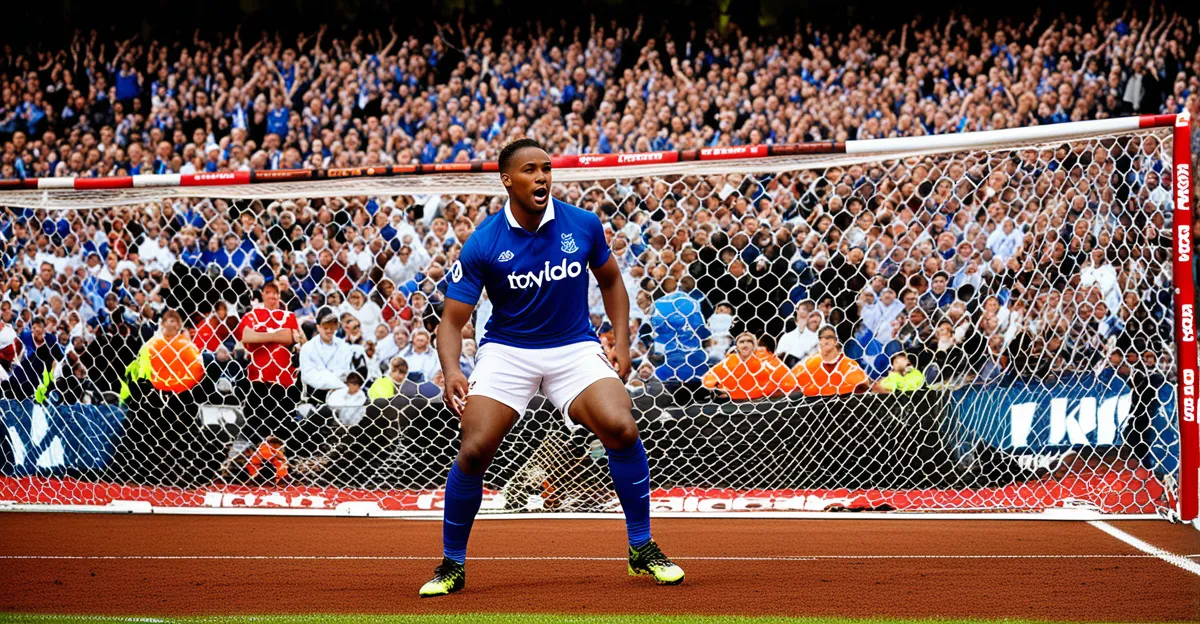The Global Expansion of Iconic UK Sports
The origins and development of football, cricket, and rugby in the UK trace back to the 19th century, when these sports began codifying rules for organised play. Football, evolving from various local games, established formal rules in 1863 with the founding of the Football Association. Cricket’s history is older, but its competitive spirit was cemented through early county matches, soon formalised into international contests like the Ashes series starting in 1882. Rugby, splitting from football codes, created its distinctive structure and rules, quickly gaining traction.
The global diffusion of these sports was powered chiefly by the British Empire’s reach. Colonisation and migration propagated British sports traditions worldwide, embedding football pitches, cricket grounds, and rugby fields in diverse cultural contexts. British expatriates, military personnel, and administrators shared the games in colonies, encouraging local participation and adaptation. For example, cricket became a cultural pillar in nations like Australia, India, and the Caribbean, while rugby grew strong in New Zealand and South Africa.
In parallel : How Can UK Sports Boost National Unity?
Foundational moments underline this expansive influence. The early FIFA World Cup tournaments, beginning in 1930, were direct descendants of UK football’s organisational leadership despite not being hosted by Britain. Similarly, the Ashes series remains one of cricket’s oldest and most storied international rivalries. Rugby’s early international matches between the Home Nations set precedents for worldwide competition. These events exemplify how UK sports not only spread but also fostered structured, ongoing international engagement.
UK Sports as Instruments of Cultural Exchange
The global influence of UK sports extends beyond mere competition, serving as powerful tools for cultural exchange and establishing shared values worldwide. British origins in football, cricket, and rugby have enabled these sports to become common languages across diverse societies, promoting mutual understanding through participation and fandom.
This might interest you : How does diversity influence team dynamics in UK sports?
Cultural exchange through sports manifests in how these games introduced notions of teamwork, discipline, and respect, which were internalised into many societies adopting them. For instance, football’s simplicity and accessibility allowed it to permeate communities globally, encouraging local adaptations while preserving core values developed in the UK sports history. Likewise, cricket and rugby carried social rituals and codes of fair play, reinforcing cultural bonds among players and supporters.
Sports diplomacy is another significant dimension, where UK sports helped foster diplomatic relationships by providing neutral grounds for interaction amid political tensions. International matches and tournaments created platforms for dialogue, demonstrating soft power through shared passion rather than confrontation. British sports influence has been leveraged strategically in various contexts to build goodwill, reduce conflicts, and promote unity.
Instances abound where sports acted as bridges across communities separated by ethnic, linguistic, or political divides. For example, rugby in South Africa later became emblematic of racial reconciliation, embodying the potential of UK sports history to inspire healing and solidarity in fractured societies. These outcomes reflect how sports rooted in the UK evolved into universal vehicles for cultural exchange, nurturing connection while respecting difference.
Political and Social Impacts of UK Sports Worldwide
UK sports history reveals a profound intertwining of sports and politics, where football, cricket, and rugby often transcended the playing field to influence societal change and international relations. Historic examples include politically motivated boycotts and protest movements linked to major sporting events. For instance, cricket matches during apartheid-era South Africa became focal points for global condemnation, using sport as a platform to challenge racial segregation. This demonstrates how UK sports did not merely entertain but became arenas for political expression and morality.
Sport-led social change has been another significant aspect. British sports influence inspired movements aiming for equality and inclusion. Football’s increasing global popularity provided marginalized groups a platform to contest discrimination, fostering dialogues around race, gender, and class. Rugby’s symbolism in post-apartheid reconciliation highlights how the sport contributed to healing social divisions, underscoring the broader social impact of UK sports internationally.
Landmark global events shaped by UK sporting leadership further exemplify this influence. The modern Olympics and Commonwealth Games, rooted partly in British sports traditions, became venues where diplomacy, national identity, and political statements converged. These events underscored the role of sports not just as competition but as catalysts for political messaging and social transformation, illustrating the enduring reach of UK sports history beyond the athletic domain.
Key Figures and Milestones in the Internationalisation of UK Sports
The global reach of UK sports history owes much to pivotal figures and decisive milestones that shaped their international profiles. Visionary athletes, administrators, and organisers pioneered efforts to formalise and globalise sports like football, cricket, and rugby, transforming them from local pastimes into structured, worldwide phenomena.
One of the earliest milestones was the codification of football rules in 1863, which standardized the game and facilitated international competitions. Similarly, cricket’s adoption of standardised rules, alongside the establishment of bodies such as the Marylebone Cricket Club (MCC), helped promote the sport beyond British shores, particularly through fixtures like the Ashes series. Rugby’s split from football and the creation of the Rugby Football Union in 1871 marked another key juncture, setting the stage for international matches between the Home Nations and later, expansive global contests.
Notable sports pioneers include figures like Ebenezer Cobb Morley, who was instrumental in founding the Football Association, thereby shaping football origins and governance worldwide. In cricket, legendary players such as W.G. Grace popularised the game, while administrators fostered international tours that embedded cricket more deeply across the Commonwealth. Rugby’s icons contributed to cultivating the sport’s unique character and ethics, further solidifying its internationalisation.
Founding international federations—FIFA for football (1904) and the International Rugby Board (1886)—were critical milestones that ensured consistent governance, rules, and competitive organisation on a global scale. These institutions underpin ongoing international tournaments and contribute fundamentally to the modern global sports landscape.
The lasting legacy of UK sportsmanship endures through principles of fair play, respect, and camaraderie worldwide. This ethos, championed by early British sports icons, continues to influence governance and culture within football, cricket, and rugby on every continent. Collectively, these figures and milestones encapsulate the profound role the UK played in elevating its sports to a global stage, making them not only games but cultural institutions binding diverse peoples.




